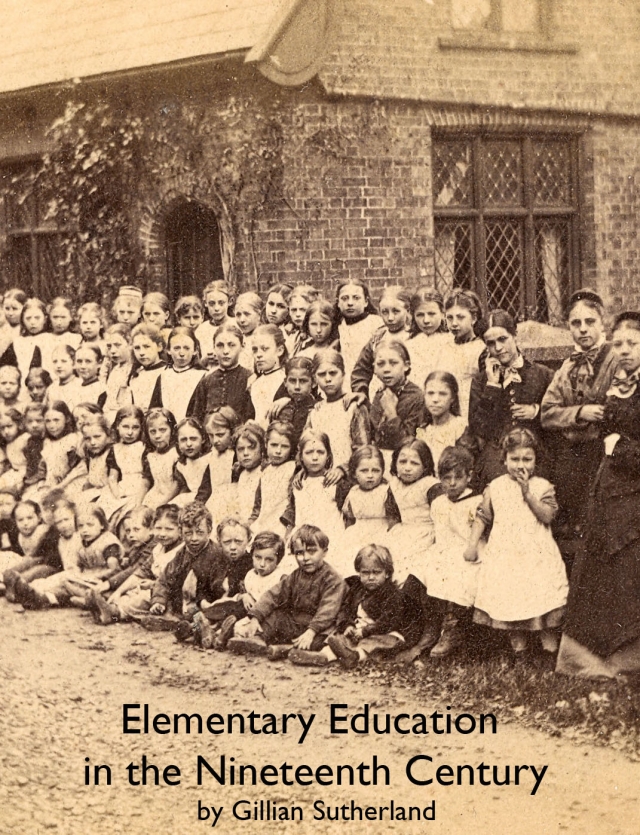Elementary Education in the Nineteenth Century
Classic Pamphlet

All schemes for education involve some consideration of the surrounding society, its existing structure and how it will-and should-develop. Thus the interaction of educational provision and institutions with patterns of employment, social mobility and political behaviour are fascinatingly complex. The spate of valuable local studies emphasizes this complexity and makes it clear that generalizations now are likely to be rather dangerous things. Certainly it would be impossible to generalize about British education in the nineteenth century.
Ireland was obviously a special case, having more the status of a conquered colony than anything else. But England, Scotland and Wales were all special cases too. Scotland had its own cultural traditions and patterns of administration; and it was only in the last three decades of the nineteenth century that a systematic attempt was made to develop its elementary school system along the same lines as the English. Wales too had its distinctive cultural traditions, with a flourishing language. But these affected the development of secondary and higher education in the Principality far more than the development of elementary education; while throughout the century most people treated elementary school provision in ‘England and Wales' as one subject for discussion and one question to concern . It seems possible, therefore, to attempt some generalizations about this...
This resource is FREE for Secondary HA Members.
Non HA Members can get instant access for £3.49

